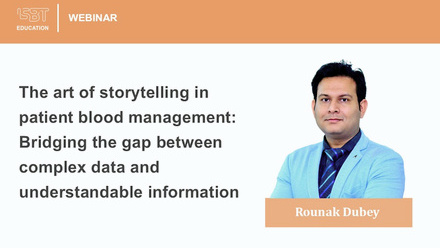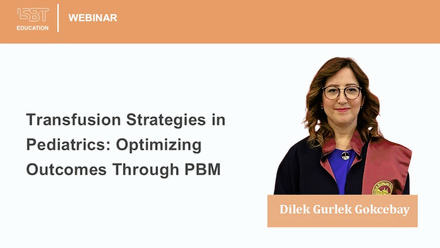R. M. Fasano, J. Branscomb, P. A. Lane, C. D. Josephson, A. B. Snyder, J. R. Eckman
Summary
Objectives
To assess current knowledge of National Heart, Lung and Blood Institutes (NHLBI) and Thalassemia International Federation (TIF) recommendations, blood banking practices and perceived challenges among transfusion services in the management of patients with haemoglobinopathies.
Background
Previous reports have demonstrated variations in transfusion practices for sickle cell disease (SCD) and thalassemia patients. Recently, NHLBI/TIF have provided transfusion recommendations for patients with haemoglobinopathies.
Methods
A cross-sectional survey was conducted of transfusion services from the state of Georgia previously identified as having SCD/thalassemia populations. The survey assessed transfusion service practices in pre-transfusion testing and blood product selection; awareness/implementation of NHLBI/TIF transfusion-based recommendations and perceived challenges in transfusing haemoglobinopathy patients.
Results
Responses were received from 35 of 49 (71%) institutions. Only institutions indicating transfusing SCD or thalassemia patients (32) were included in analysis. Seventy-one percent of non-sickle cell treatment centres (SCTCs) and 20% of non-thalassemia treatment centres follow NHLBI and TIF recommendations to perform a red blood cell phenotype beyond ABO/Rh(D) and provide Rh and Kell prophylactically matched units for SCD and thalassemia patients, respectively. Forty percent of institutions (33% of non-SCTCs) employ RBC genotyping to evaluate the red cell phenotype for SCD patients. Over 77% of institutions do not utilise a reliable method to identify SCD patients prior to transfusion, such as a required question/answer field on type/screen or crossmatch orders.
Conclusion
Many healthcare systems' transfusion practices for haemoglobinopathy patients are discordant with NHLBI/TIF recommendations. Efforts are needed to increase awareness and implementation of current recommendations among all transfusion services seeing these patients.






















